For separated parents with international ties, planning a family holiday can quickly turn into a legal battleground. While trips to see relatives or explore a child’s cultural heritage may seem innocent, if the destination lies outside the Hague Convention on child abduction, the courts treat them with extreme caution. This was demonstrated in two recent family-court cases, WO v RO [2017] and F v M [2025], which highlight how judges assess the real risks of non-return from non-Hague countries and the limits of international legal protection.
The legal test
Both judgments draw from Re R (A Child) [2013] EWCA Civ 1115. When a parent seeks to take a child to a non-Hague Convention country, the court must weigh three connected elements:
- Risk of breach: the likelihood that the child will not be returned.
- Consequences of breach: the impact if non-return occurs.
- Effectiveness of safeguards: whether practical, enforceable protections exist.
These factors sit under the overriding duty in section 1 of the Children Act 1989: the child’s welfare is the court’s paramount consideration, and every case turns on its own facts. The court must be positively satisfied that the advantages of travel outweigh the risks. If in doubt, it must err on the side of caution and refuse permission.
WO v RO [2017]: a moderate risk was still too much
Mr Justice Baker was asked to decide whether a mother could take her two sons, aged eight and six, to China for a 21-day visit each year. The family had a history of conflict, allegations of domestic abuse, and involvement by social services. The boys lived with their mother but saw their father regularly.
The parents’ positions
Mother: a Chinese national who had obtained British citizenship. She wished to take the children to visit their maternal grandfather in China. The mother also offered to travel on her British passport, to renounce her Chinese nationality, and her father even offered £10,000 as security. She said her life was now in England.
Father: aged 74, a dual UK-Australian national. He opposed the trip, pointing to her limited financial stability, insecure housing, and continuing links to China, including a property in Sanya. He argued there was a real risk of non-return.
Expert and guardian evidence
An expert in Chinese law confirmed that China is not a signatory to the Hague Convention and has no bilateral arrangements with the UK. English child-arrangement orders are not recognised or enforceable in China. If the children were retained, the father would have to start fresh proceedings under Chinese law, with no guarantee of success.
The children’s guardian recognised the cultural value of a visit but described the risk of non-return as “finely balanced” and advised that travel should not yet take place.
The outcome
Mr Justice Baker refused permission. He found:
- a “moderate, not insignificant” risk that the mother might not return the children;
- proposed safeguards, including renouncing nationality and the £10,000 bond, were inadequate; and
- the consequences of non-return would be devastating: loss of relationship with their father, removal from their home and school, and isolation in a country whose language they did not speak.
Although the court accepted the cultural benefits of visiting China, these could not outweigh the risks. The application was refused.
F v M (2025): court confirms a very high risk
Eight years later, F v M came before His Honour Judge Marin in the Central London Family Court. The echoes of the previous case, WO v RO, were unmistakable.
The background
The case concerned two boys, aged ten and eight. Their mother, born in China, had lived in England for over twenty years and renounced her Chinese citizenship. The father was from Northern Ireland. After a difficult separation and prior litigation over contact and school fees, the children lived with the mother but saw the father regularly until 2023, when she stopped contact following an allegation he had hit them. A local-authority assessment found no safeguarding concerns.
The father applied for a child-arrangements order to restore contact. During proceedings, the mother applied first to relocate to Thailand for two years, then, after withdrawing that plan, sought permission to take the children to China for a five-week summer holiday, citing her parents’ ill-health as the reason for travel.
Expert evidence
As in WO v RO, an expert in Chinese family law was instructed. He confirmed that:
- neither Hague nor bilateral enforcement mechanisms exist;
- English orders cannot be “mirrored” or enforced in China;
- if a parent remained there with the children for a year, the Chinese courts could assume jurisdiction based on habitual residence; and
- any new proceedings would be heard de novo, applying Chinese law, with uncertain outcomes.
He warned that enforcement in China remained “sluggish”, and even agreed safeguards could not guarantee a return.
Welfare evidence
Two independent social-work reports were before the court. The 2025 report concluded that the children had been exposed to adult conflict, were aligned with the mother, and that there was a flight risk given her past behaviour, including an earlier unsanctioned trip taking the children from China to Thailand.
The court’s findings
Judge Marin found the mother’s evidence dishonest and unreliable, noting repeated breaches of court orders and her unauthorised travel to Thailand despite a previous agreement limiting the trip to China. He found that she “felt she could do as she liked” and showed “no regard for court orders or the authority of the court.”
Applying the same Re R test and explicitly citing WO v RO, the court held:
- Risk of breach: very high. The judge said he had “no faith that she would respect any order made by this court.”
- Consequences: equally grave. China’s lack of Hague participation meant that if she kept the children there, recovery proceedings would be slow, expensive, and uncertain. Expert evidence suggested the father’s chance of success was “small.”
- Safeguards: worthless in practice. The mother’s offer to place an £800,000 London flat in escrow was rejected; she could sell or remortgage it, and Chinese courts might still not enforce a return.
The court accepted that visiting elderly grandparents and exploring cultural roots were genuine benefits, but held that these were outweighed “by far” by the risk of non-return. Permission to travel was refused, and the prohibited-steps order remained in place.
Outcome – continuity of principle
Both decisions confirm the same principle: the court will not permit travel unless the risk of non-return is truly minimal.
In WO v RO, a moderate risk with no enforceable safeguards was enough to bar travel. In F v M, where the parent had breached orders and acted dishonestly, that risk was classed as very high.
The outcome was the same, but the court’s language was firmer: even substantial financial or property-based bonds could not overcome the absence of enforceable legal remedies abroad.
Both judges emphasised that cultural and familial benefits, however sincere, cannot outweigh a serious or unmitigated risk to a child’s stability and relationships.
Lessons for families
- Non-Hague destinations carry exceptional scrutiny
Without the Hague Convention’s return mechanisms, English orders have little or no effect overseas. Courts will examine every connection – financial, residential, and personal – before granting permission.
- Safeguards must be real, not symbolic
Bonds, passport undertakings or property pledges mean little if the foreign jurisdiction will not enforce them. Courts look for practical, reliable mechanisms – often impossible in non-Hague countries.
- Credibility decides outcomes
Both cases turned on whether the court trusted the parent seeking permission. Inconsistencies, incomplete disclosure or past breaches of orders weigh heavily against any application.
- Welfare remains paramount
Even genuine cultural and familial benefits abroad will not outweigh risks of non-return, loss of contact, or emotional harm to the children.
Final thoughts
From WO v RO, to F v M, the message is consistent and clear. International travel can enrich a child’s life, but where the destination lies outside the Hague framework, the courts proceed with extreme caution. Unless the risk of non-return is truly minimal and the safeguards genuinely enforceable, permission is unlikely to be granted.
For parents and practitioners alike, these cases underline one truth: what may seem like a short family holiday can, in legal terms, be judged simply too risky to allow.
Have questions? Get in touch today!
Call our office on 020 7928 0276, we will be taking calls from 9:30am to 6:00pm.
Email us on info@lisaslaw.co.uk.
Or, use the contact form on our website. Simply enter your details and leave a message, we will get right back to you: https://lisaslaw.co.uk/contact/
For more updates, follow us on our social media platforms! You can find them all on our Linktree right here.






